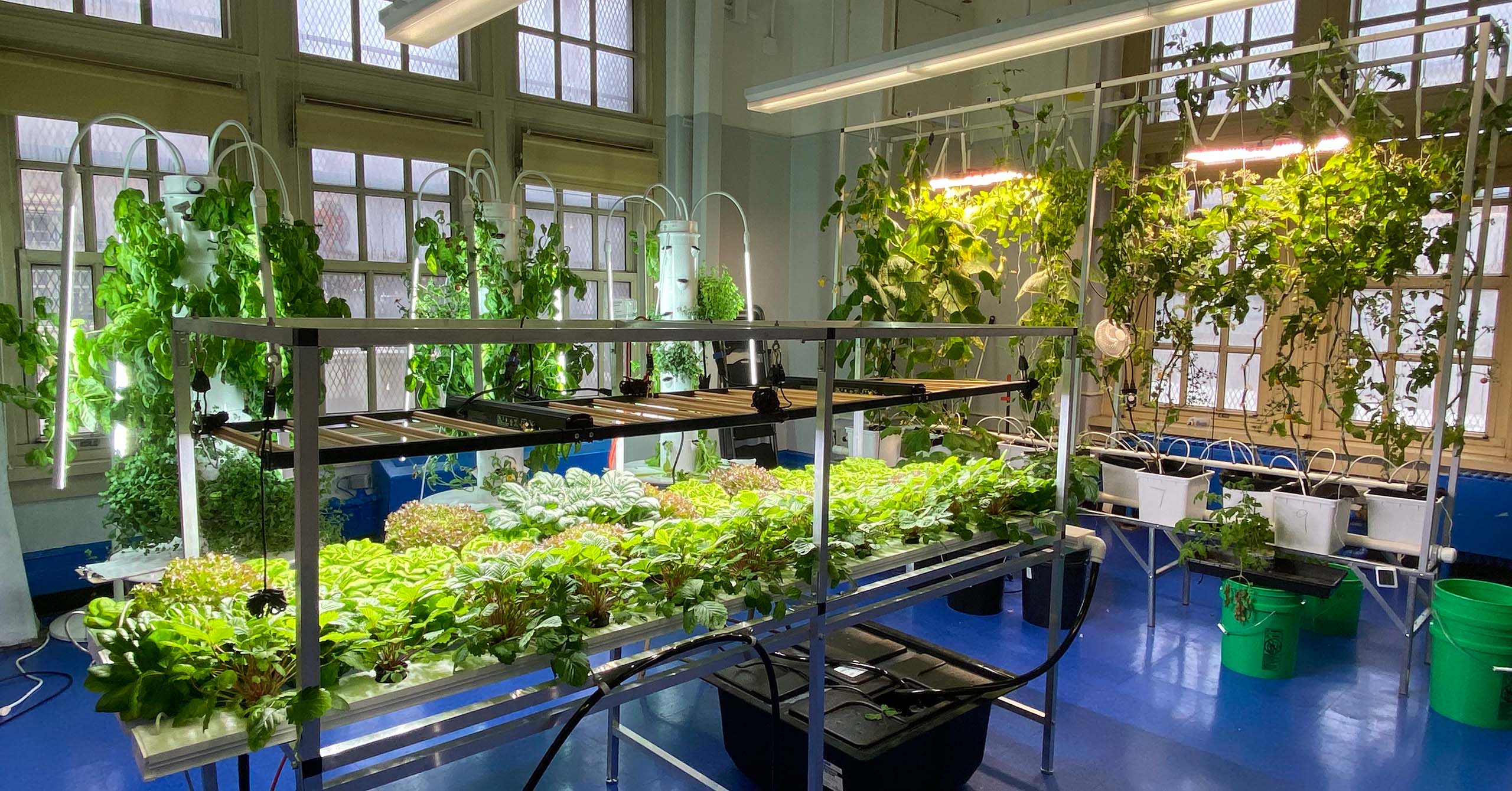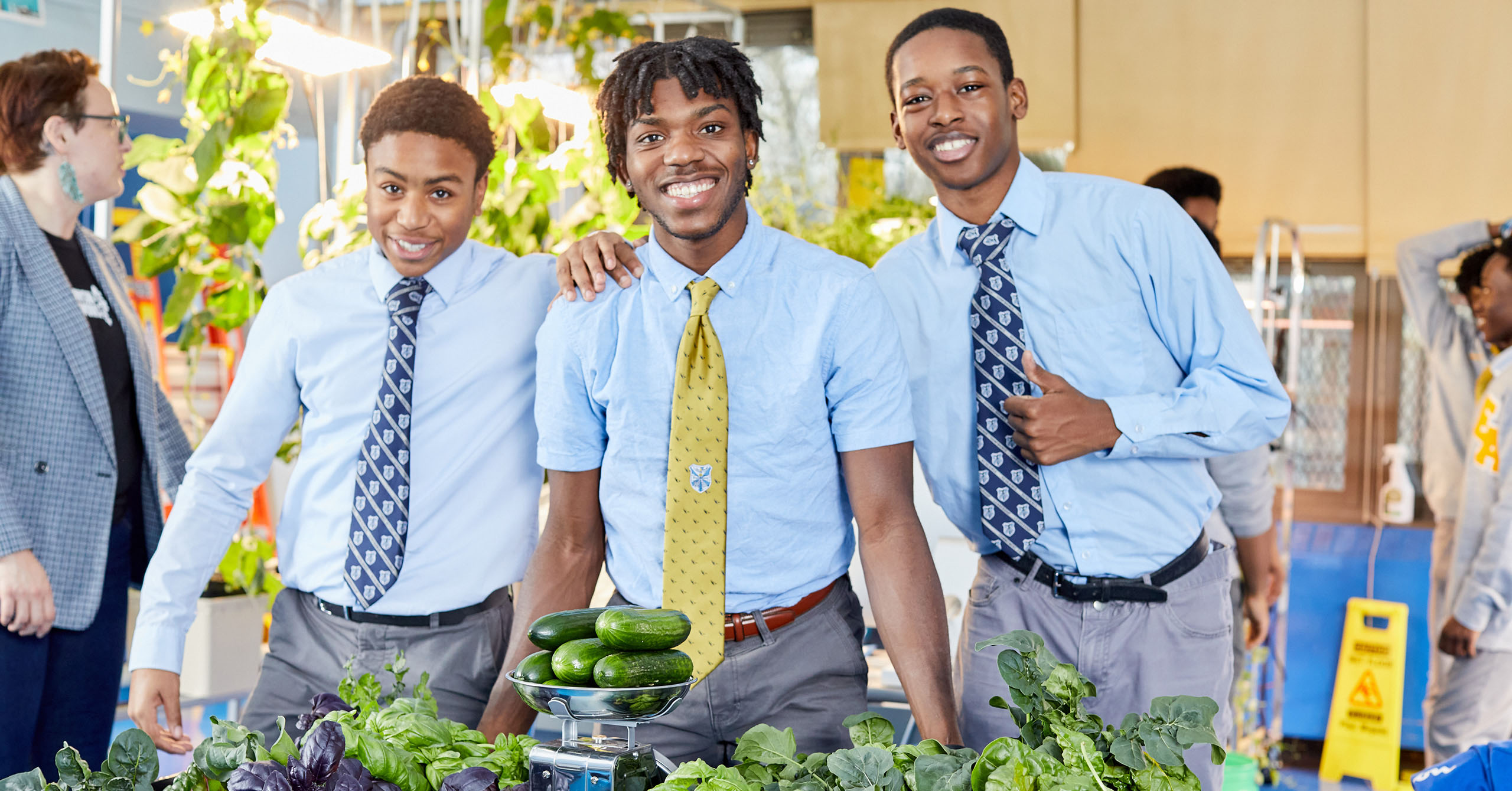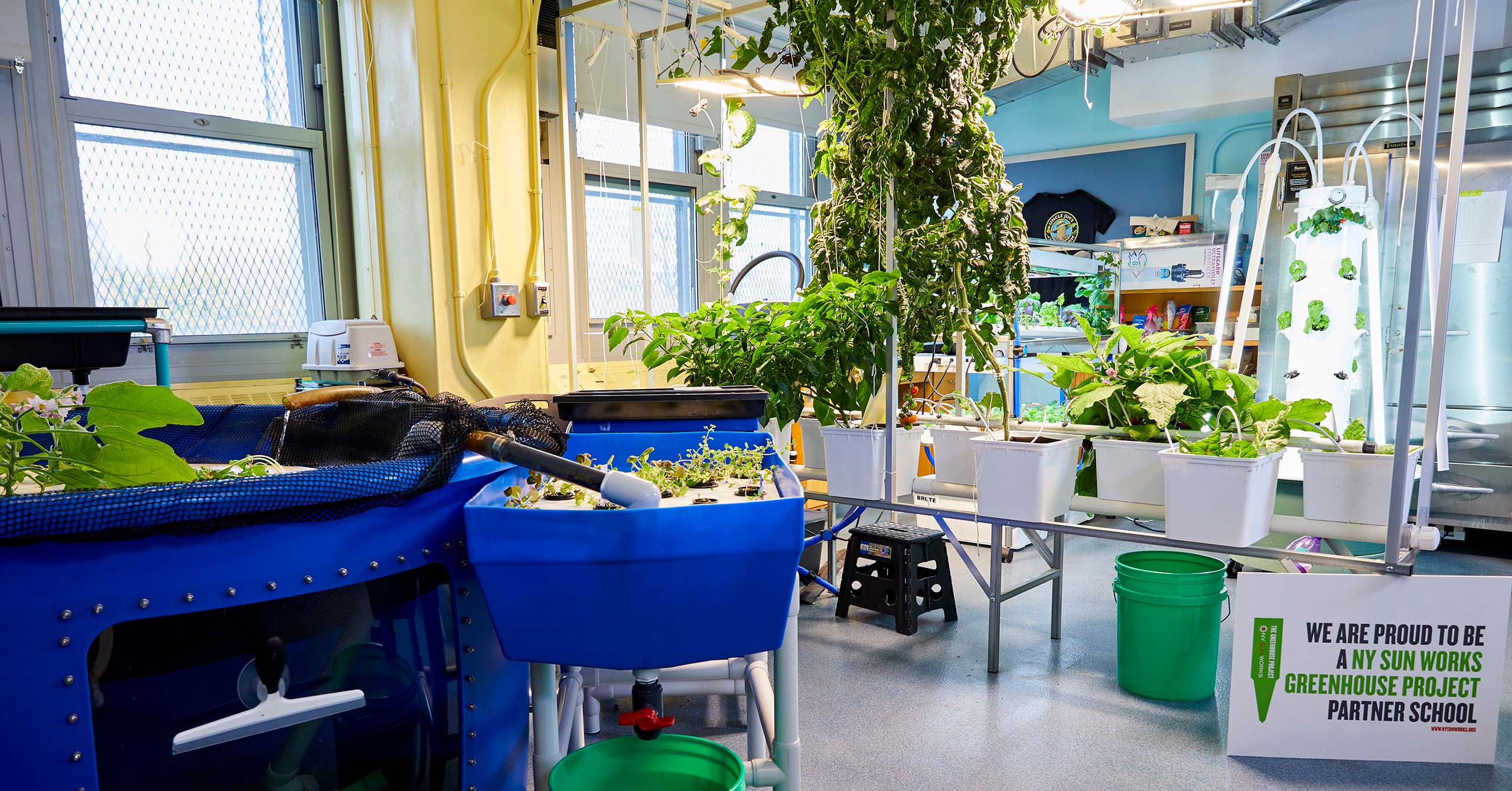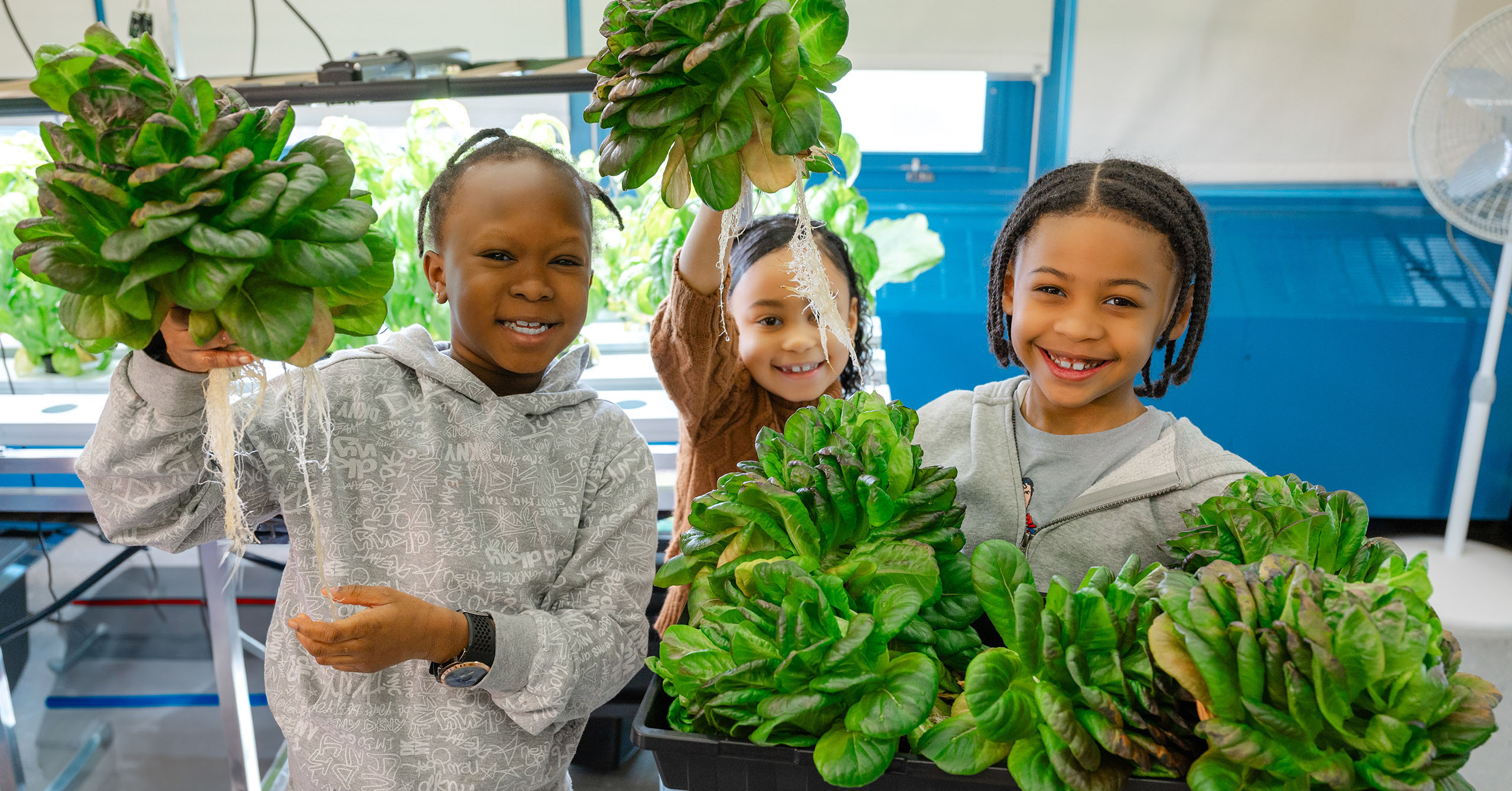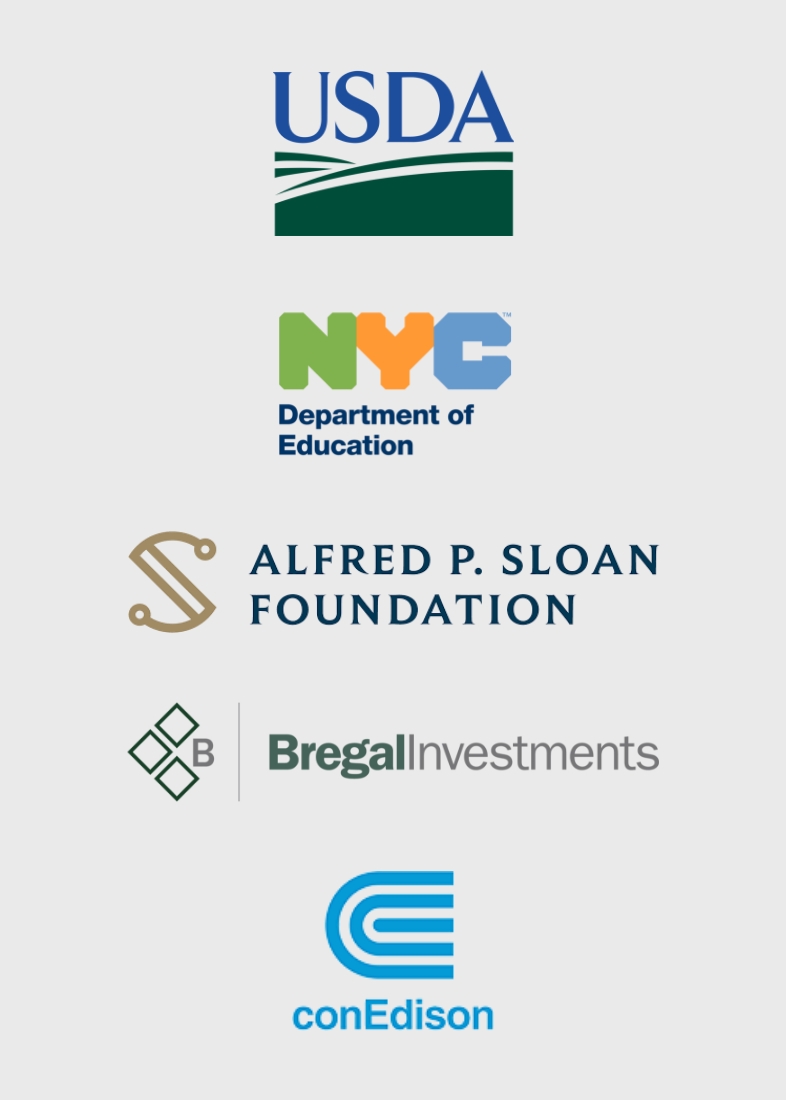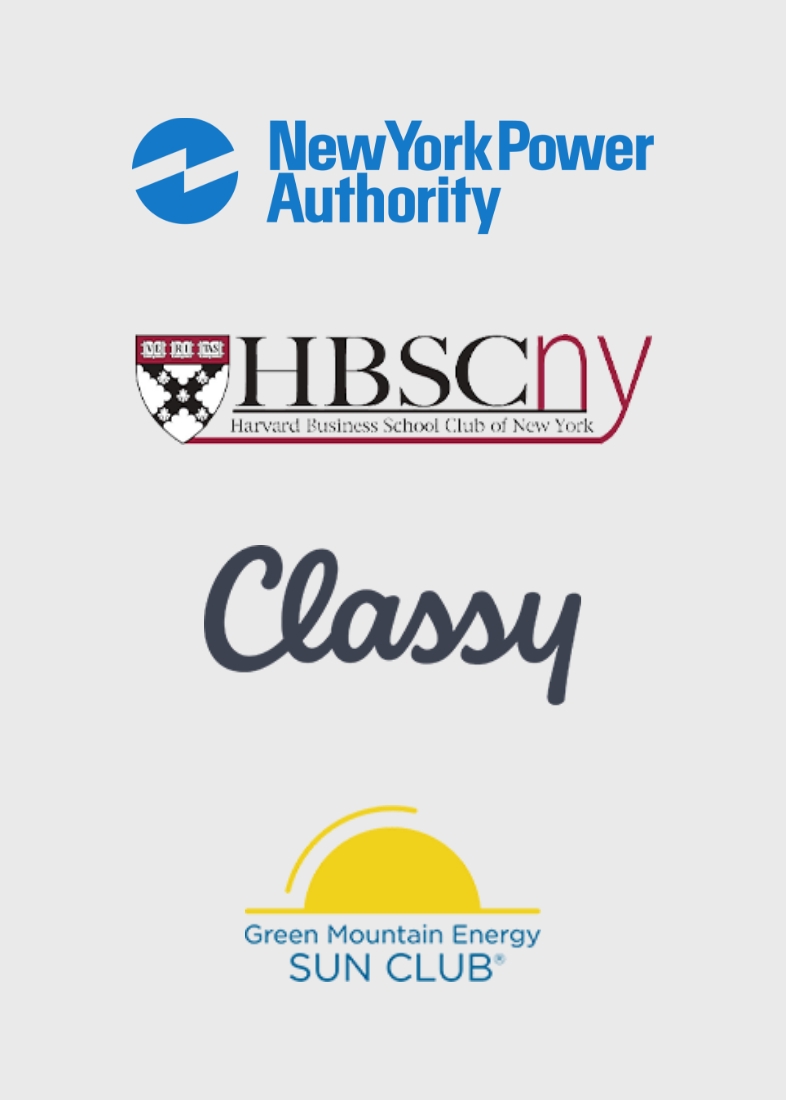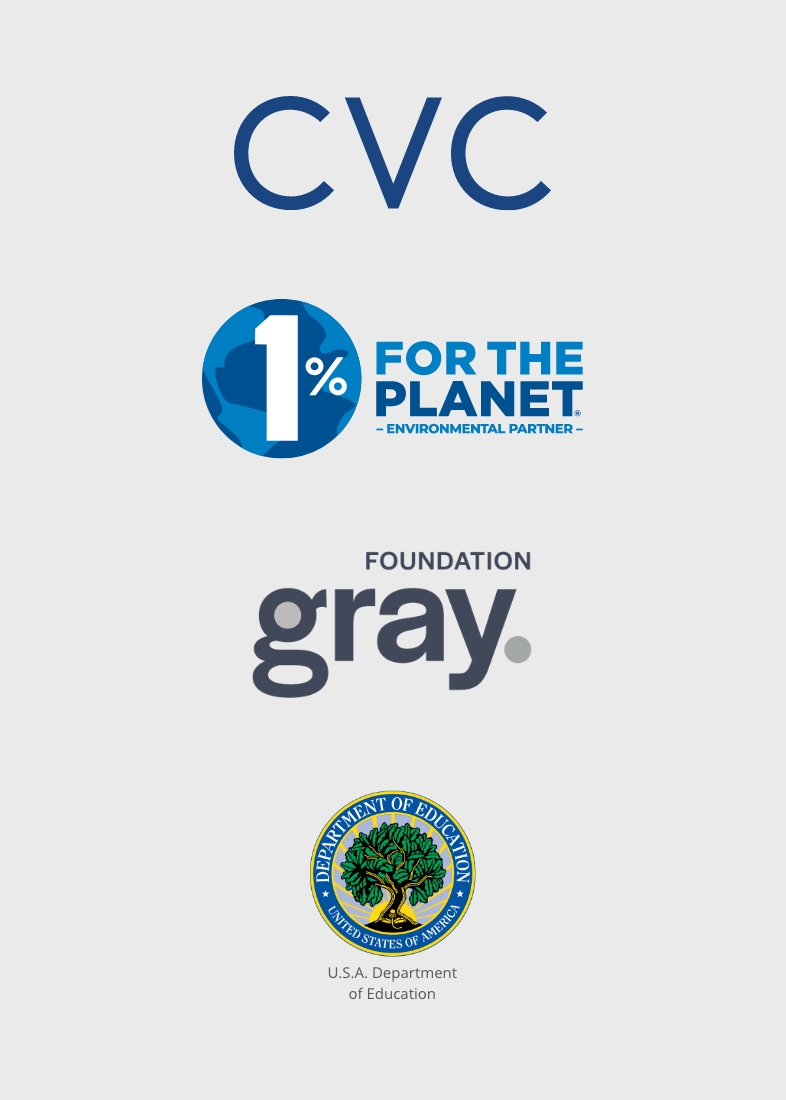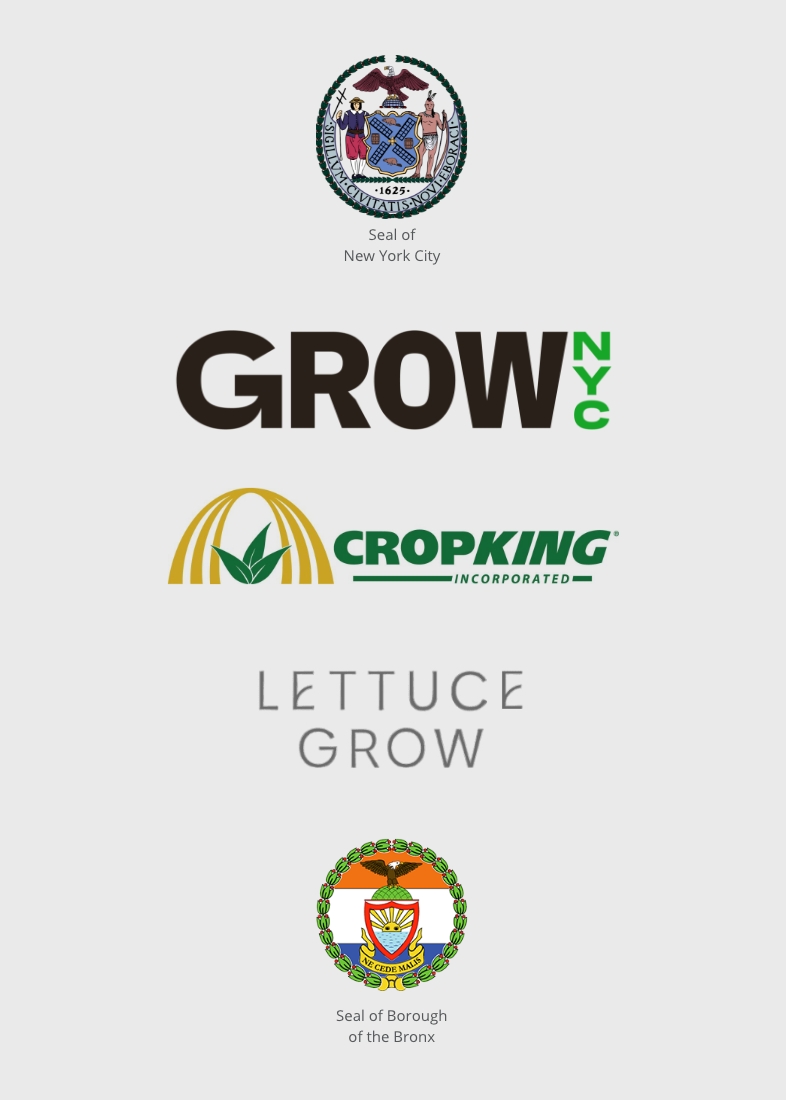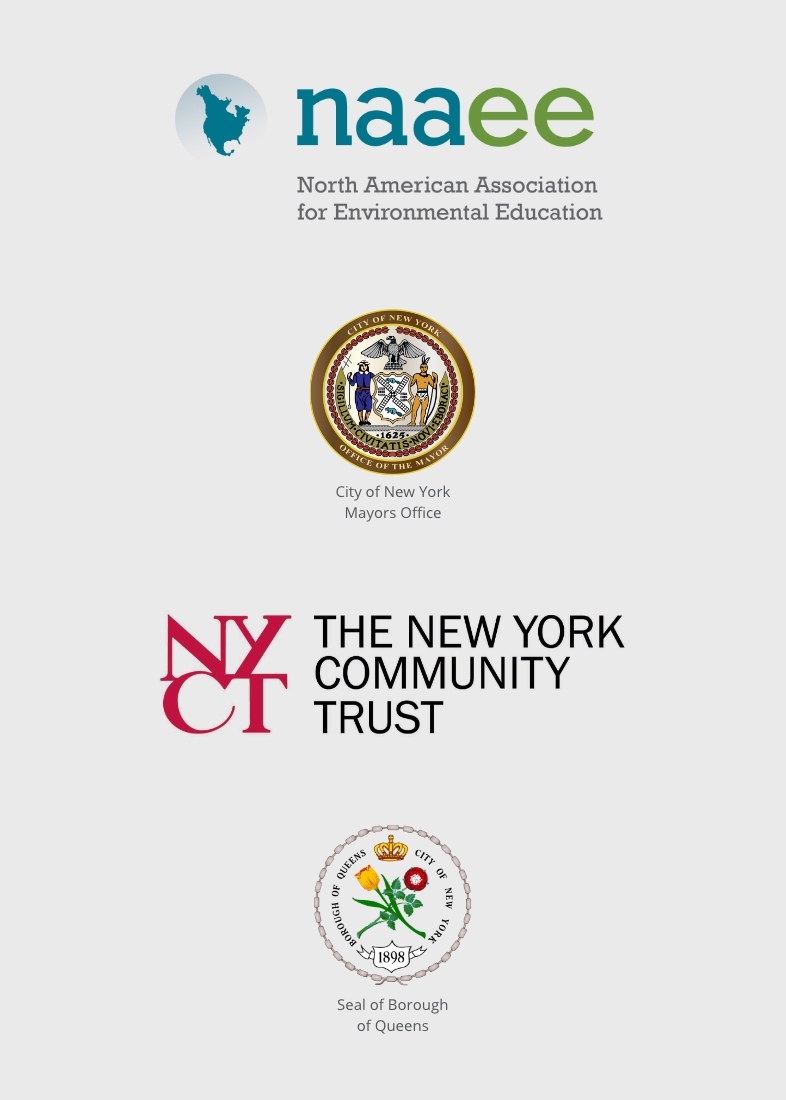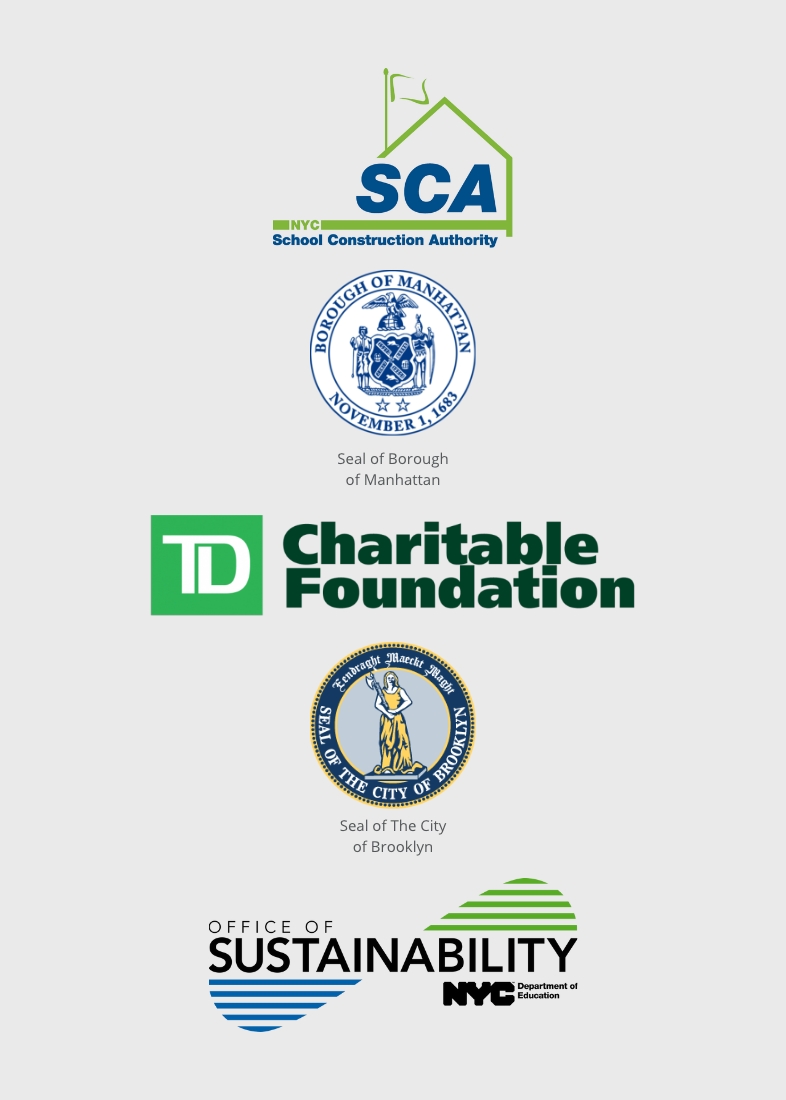CURIOSITY GROWS HERE
WHERE THE JOY OF LEARNING
MEETS THE SCIENCE OF SUSTAINABILITY
We build state-of-the-art Hydroponic Classrooms, teach the science of sustainability
and climate change, and transform learning in K-12 city schools.
Our Impact
We believe every child deserves a quality climate education and we’re committed to
bringing our program to every NYC school. Here’s how we’re making that happen.
FRIENDS OF NY SUN WORKS
Join Our Mission to Grow Tomorrow’s Climate Leaders.



